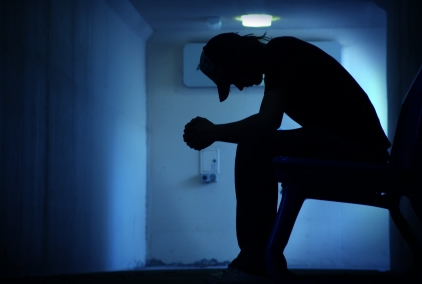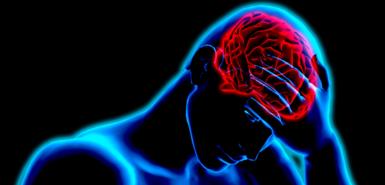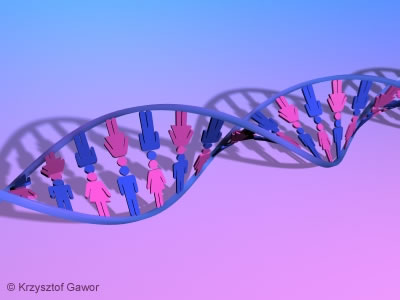Published: December 24, 2009
 January’s 2010 edition of Scientific American  has an interesting article that asks whether depression is not a malfunction but a mental adaptation that focuses the mind to better solve complex problems.
January’s 2010 edition of Scientific American  has an interesting article that asks whether depression is not a malfunction but a mental adaptation that focuses the mind to better solve complex problems.
The key concepts of the article are:
The brain’s ability to enter a depressed state has been preserved throughout evolution, suggesting that depression is an adaptation
Depression promotes focused rumination about problems. People in this state of mind are better at solving complex social dilemmas
Effective therapies encourage patients to engage in rumination, allowing them to find solutions to their problems and end their depressive episode.
Link to read the complete article
Source: Scientific American
Image Credit: Stockxpert
Published: December 21, 2009
 A new study at the University of Wisconsin-Madison suggests that depressed patients are unable to sustain activity in brain areas related to positive emotion.
A new study at the University of Wisconsin-Madison suggests that depressed patients are unable to sustain activity in brain areas related to positive emotion.
The study challenges previous notions that individuals with depression show less brain activity in areas associated with positive emotion. Instead, the new data suggest similar initial levels of activity, but an inability to sustain them over time. The new work was reported online this week (Dec. 21) in the Proceedings of the National Academy of Sciences. [continue reading…]
Published: December 16, 2009
 Researchers at the Queensland Institute of Medical Research (QIMR), in collaboration with scientists from the University of Edinburgh, have found a new gene that is linked to schizophrenia and bipolar disorder.
Researchers at the Queensland Institute of Medical Research (QIMR), in collaboration with scientists from the University of Edinburgh, have found a new gene that is linked to schizophrenia and bipolar disorder.
The gene, called ABCA13, is active in the hippocampus and cortex regions of the brain and had not previously been associated with mental illness. [continue reading…]
Published: December 14, 2009

Research carried out among thousands of people has shown a clear connection between depression and a loss of bone mass, leading to osteoporosis and fractures.
This was revealed by Hebrew University of Jerusalem researchers, Prof. Raz Yirmiya, head of the Brain and Behavior Laboratory, and Prof. Itai Bab, head of the Bone Laboratory. They further revealed that the relationship between depression and bone loss is particularly strong among young women. [continue reading…]
 January’s 2010 edition of Scientific American  has an interesting article that asks whether depression is not a malfunction but a mental adaptation that focuses the mind to better solve complex problems.
January’s 2010 edition of Scientific American  has an interesting article that asks whether depression is not a malfunction but a mental adaptation that focuses the mind to better solve complex problems.


